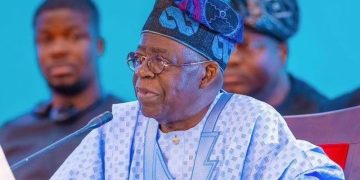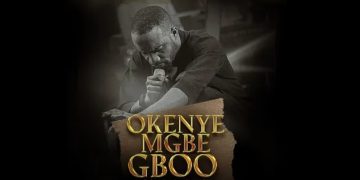Jang Yeong-jin‘s remarkable story as North Korea’s only openly gay defector was covered by the international media after he published his autobiography. Now, almost a quarter of a century after fleeing the country, he tells the BBC that he plans to marry his American boyfriend.

Right from birth, Jang Yeong-jin had never found women sexually attractive. But it wasn’t until his wedding night, aged 27, that this made his life hit rock bottom.
Jang felt intensely discomforted and anxious “I couldn’t lay a finger on my wife,” he recalls. Although the couple did eventually consummate their marriage, sex was once in a blue moon. Four years later – his wife still not pregnant – one of Jang’s brothers began to give him the third degree. Jang admitted he had never been aroused by the opposite sex, and his brother promptly sent him to a doctor.
“I went to so many hospitals in North Korea because we thought that I had some sort of physical problem.”
It never occurred to Jang, or his family, that there could be another reason for his lack of interest.
So Jang filed for divorce. But this process is not straightforward in North Korea. Permission needs to be granted by the courts, and they prioritise the family unit, says law professor Park Jeong-Won. They will only authorise a split if the union is seen to threaten the country’s ideology, he says.
Jang began to realise he had only one option left – to leave North Korea altogether. This would automatically void their union and allow his wife to remarry.
And then in the spring of 1998, 13 months after he first arrived in South Korea, Jang opened a magazine to read the write-up of an interview he had given about his defection across the DMZ. He turned the page to discover an article about gay men coming out, with a scene from an American film showing two men kissing in bed.
Finally it dawned on Jang that he, too, was gay.
But it took a long time for Jang to risk dating. And then last year, at the age of 62, Jang met Korean-American restaurant owner Min-su on a dating site. Just four months later, he was on his way to the nation he once knew only as “the country of wolves” – Pyongyang’s derogatory term for the US.
But despite his new-found happiness, Jang remains haunted by the impact his defection had on his family. Several of his relatives were banished to a remote village in the freezing north, a brutally familiar fate for those whose family members are perceived to have been disloyal to the regime. Six of his relatives died from hunger and illness, including his mother and four of his siblings.
Jang says the only way he can cope with the guilt is by committing his thoughts to pen and paper.
































